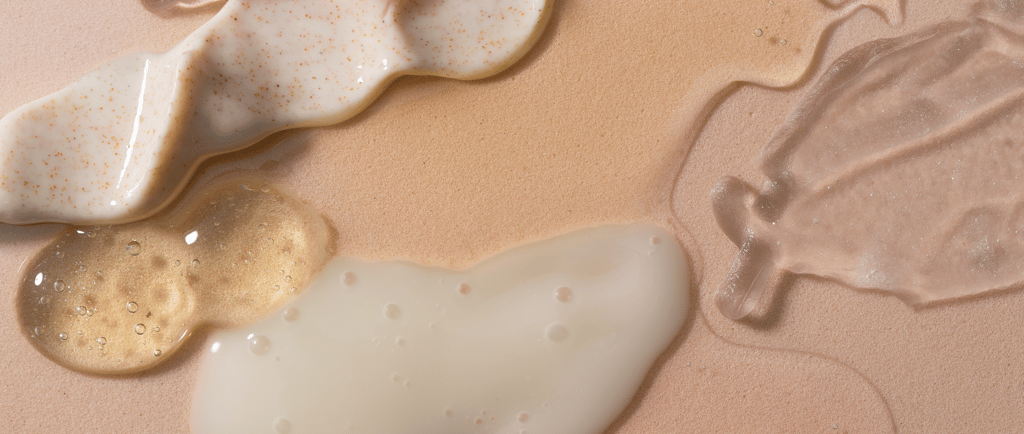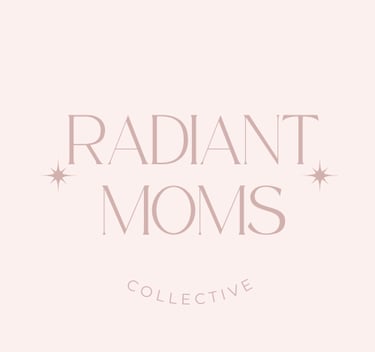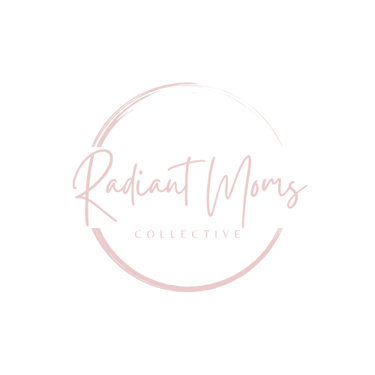Skincare Ingredients to Avoid When Pregnant or Nursing
3/8/2025


During pregnancy and while nursing, it's essential to be mindful of the products you use on your skin. Many skincare ingredients can be absorbed into the bloodstream and potentially affect both your health and your baby’s development. To ensure the safety of both mom and baby, here is a list of common skincare ingredients to avoid during pregnancy and nursing.
1. Retinoids (Retinol, Retin-A, Tretinoin): Harmful to Fetal Development
Retinoids are a class of Vitamin A derivatives commonly found in anti-aging, acne treatments, and other skincare products. However, when used during pregnancy, they can be harmful to fetal development. High doses of Vitamin A have been associated with birth defects, and retinoids like retinol, Retin-A, and tretinoin can significantly increase the risks. Even though topical retinoids are less likely to be absorbed in large quantities, it’s still advisable to avoid them completely while pregnant or nursing to be on the safe side. Instead, opt for safer alternatives like Vitamin C or other gentle ingredients to help with skin concerns like acne or aging.
2. Salicylic Acid (in High Doses): A Common Acne Treatment Ingredient
Salicylic acid is a common ingredient in acne treatments and exfoliants. While low doses are generally considered safe, high concentrations—such as those found in chemical peels or some acne treatments—can be absorbed into the bloodstream and potentially harm the developing fetus. In pregnancy, it’s best to avoid salicylic acid in high doses, especially in leave-on products, like serums or toners. Look for gentle alternatives for acne and exfoliation, like azelaic acid or glycolic acid, which are considered safe in lower concentrations.
3. Hydroquinone: Skin-Lightening Agent with High Absorption Rates
Hydroquinone is a skin-lightening agent often used to treat hyperpigmentation, dark spots, and melasma. Although effective, it has high absorption rates through the skin and can potentially cause harm during pregnancy. Some studies have raised concerns about its safety due to its ability to be absorbed into the bloodstream and the lack of long-term studies on its effects during pregnancy. To avoid any potential risks, it’s best to steer clear of products containing hydroquinone. You can find safer alternatives like Vitamin C serums or niacinamide, which are great for brightening the skin without the same level of concern.
4. Phthalates: Found in Fragranced Products, Linked to Developmental Issues
Phthalates are chemicals used to make fragrances last longer in products like lotions, shampoos, perfumes, and body washes. These chemicals have been linked to various developmental issues, including hormone disruption and potential reproductive health concerns. Phthalates are not always explicitly listed on ingredient labels, as they are often included in the “fragrance” or “parfum” category. To minimize your exposure, look for fragrance-free products or those labeled as "phthalate-free." Opting for products with natural essential oils or those explicitly stating no synthetic fragrances can help reduce the risk.
5. Formaldehyde: Found in Nail Polishes and Hair Treatments
Formaldehyde is a potent chemical that’s sometimes found in nail polishes, hair straightening treatments, and certain cosmetics. It is classified as a carcinogen and can also pose other health risks, especially during pregnancy. Formaldehyde has been linked to developmental issues, and inhaling it during hair treatments or nail sessions can further increase risks. Many products now advertise themselves as “formaldehyde-free,” so always check the labels when choosing nail or hair products. Opt for natural or formaldehyde-free alternatives whenever possible to protect both yourself and your baby.
6. Chemical Sunscreens (Oxybenzone, Avobenzone): Can Disrupt Hormones
Sunscreen is an essential part of any skincare routine, but some chemical sunscreens contain ingredients like oxybenzone and avobenzone, which can disrupt hormones and potentially impact fetal development. These chemicals are absorbed into the skin and have been shown to interfere with hormone regulation, leading to concerns about the effect on a developing baby. To avoid these risks, opt for mineral sunscreens that contain physical blockers like zinc oxide or titanium dioxide. Mineral sunscreens are a safer, non-chemical option that provides effective protection from UV rays without disrupting hormones.
Final Thoughts: Protect Yourself and Your Baby with Safe Skincare
During pregnancy and nursing, it's crucial to choose skincare products that are safe for both you and your baby. Avoiding certain ingredients like retinoids, salicylic acid, hydroquinone, phthalates, formaldehyde, and chemical sunscreens can help reduce potential risks. Always check the labels of your skincare products and opt for those that are specifically designed for use during pregnancy and breastfeeding.
When in doubt, consult with your healthcare provider or dermatologist about the safety of specific ingredients, as everyone's skin and pregnancy experience are different. By prioritizing safe skincare products, you can keep your skin glowing and healthy while ensuring the well-being of your baby.


Disclosure: As an Amazon Associate, I earn from qualifying purchases. I also earn commissions through Wayfair and the Mavely app, and I only share products and brands I genuinely love—including Boss Gal Beauty Bar. Thank you for supporting my recommendations. You can read my full disclosure here. 🤎✨
